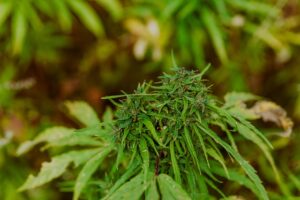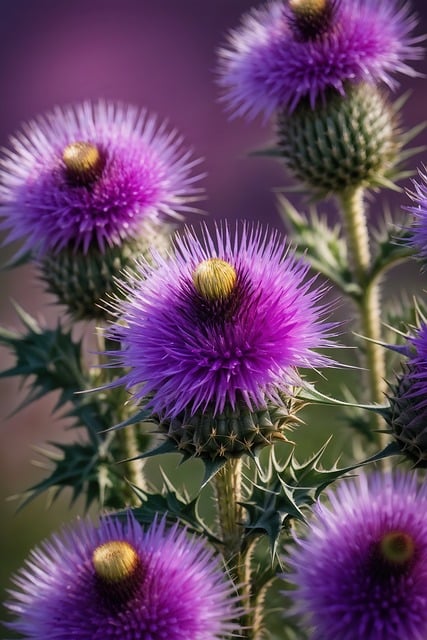
THCA flower, a non-psychoactive compound found in raw cannabis, has garnered attention for its potential health benefits, which include anti-inflammatory, neuroprotective, analgesic, antiemetic, and anti-anxiety effects. Unlike THC, THCA does not induce psychoactive effects, making it a sought-after option for those looking to harness cannabis' therapeutic properties without mind-altering side effects. Preliminary studies indicate that THCA interacts with the endocannabinoid system, offering pain relief and mood management for conditions like chronic pain, neuropathic pain, multiple sclerosis, and inflammatory diseases. Its promising applications are being explored further in scientific research. When selecting THCA flowers, it is important to choose high-quality products from reputable suppliers who practice organic farming and rigorous quality control. This ensures the preservation of THCA's health benefits. Additionally, understanding the different strain varieties—such as sativa or indica dominance—is key to optimizing the effects for individual health needs and preferences. Users should research or consult with experts to find the most suitable strains for their specific wellness goals, thus fully leveraging the thca flower effects and benefits.
Discover the transformative potential of THCA flower, a natural compound gaining recognition for its multifaceted effects and potential health benefits. This article delves into the science behind THCA flower effects, exploring how this non-psychoactive cannabinoid interacts with our bodies. From its therapeutic properties to the role of temperature and decarboxylation in unlocking its full potential, we’ll guide you through the process of sourcing high-quality THCA flowers and integrating them into your wellness routine. Whether you’re curious about cultivation, extraction techniques, or the entourage effect with other cannabinoids, this comprehensive overview covers it all. Join us as we navigate the legal landscape, discuss culinary uses, and provide insights from personal testimonials, all while highlighting the thca flower effects and benefits that make it a powerhouse in the world of natural wellness solutions.
- Unveiling THCA Flower: A Natural Powerhouse
- The Science Behind THCA Flower Effects
- Potential Health Benefits of THCA Flower Consumption
- Sourcing and Selecting High-Quality THCA Flowers
Unveiling THCA Flower: A Natural Powerhouse
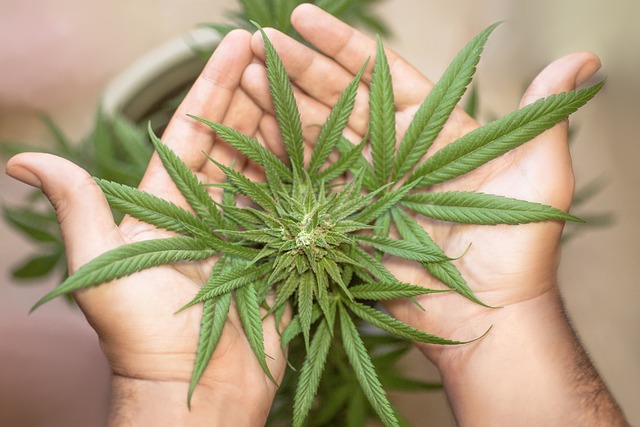
Throughout recent years, THCA flower has garnered significant attention within the wellness community due to its promising effects and potential benefits. Tetrahydrocannabinolic acid (THCA), the raw and natural precursor to delta-9-tetrahydrocannabinol (THC), is found abundantly in raw cannabis plants. While THC is renowned for its psychoactive properties, THCA’s effects and benefits are distinct, offering a range of wellness-oriented impacts without the psychoactive ‘high’ associated with THC. Research suggests that THCA may possess anti-inflammatory, neuroprotective, and analgesic qualities, making it a subject of interest for those exploring natural remedies for pain relief and other health concerns.
The flowering tops of the cannabis plant, rich in THCA, are particularly prized for their therapeutic potential. Consuming THCA flower in its raw form or through specific extraction methods preserves its beneficial compounds, offering a unique wellness experience. Users report various benefits, including support with anxiety and stress management, as well as relief from chronic discomfort. Additionally, THCA’s anti-nausea effects are becoming increasingly recognized, with some individuals turning to this cannabinoid for gastrointestinal support. As interest in holistic health practices grows, the role of THCA flower in natural wellness regimens is becoming more prominent, highlighting its potential as a versatile and potent natural powerhouse.
The Science Behind THCA Flower Effects
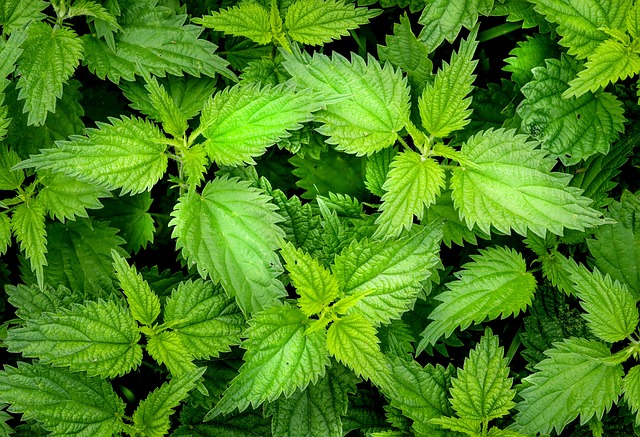
Tetrahydrocannabinolic acid (THCA) is the non-psychoactive precursor to THC, the primary psychoactive component found in cannabis. Within the cannabis plant, THCA exists in its raw form and undergoes decarboxylation to become THC when heated. The effects of THCA flower, which are distinct from those of THC or other cannabinoids, have garnered significant attention due to their potential therapeutic benefits. Studies suggest that THCA may offer a range of effects and benefits, including anti-inflammatory, neuroprotective, and analgesic properties, without the psychoactive ‘high’ associated with THC. Research indicates that THCA interacts with the body’s endocannabinoid system by binding to both CB1 and CB2 receptors, which may influence various physiological processes, including pain sensation, immune response, and inflammation.
Furthermore, the benefits of THCA flower are being explored for conditions such as neuropathic pain, multiple sclerosis, and other inflammatory diseases. Preclinical studies have demonstrated that THCA may possess antiemetic properties, potentially aiding in the management of nausea and vomiting, particularly in cancer patients undergoing chemotherapy. Its potential anti-anxiety effects are also being investigated, with some early findings suggesting that THCA might help alleviate anxiety symptoms without the mind-altering effects typical of its psychoactive counterparts. As research continues to evolve, the full spectrum of THCA flower’s effects and benefits is becoming clearer, offering a promising avenue for future therapeutic applications within the realm of natural medicine.
Potential Health Benefits of THCA Flower Consumption

Cannabis enthusiasts and health-conscious individuals often explore the various compounds within the plant, among them Tetrahydrocannabinolic Acid (THCA). Found abundantly in raw cannabis flowers, THCA is the precursor to the psychoactive compound THC upon heating. Consumers are increasingly interested in the potential health benefits of THCA flower effects, which include a broad spectrum of therapeutic properties. Preclinical research suggests that THCA may offer anti-inflammatory, neuroprotective, and analgesic effects. These properties could make THCA a valuable addition to wellness routines for those seeking natural alternatives for pain management, particularly in conditions like arthritis or multiple sclerosis. Additionally, studies indicate that THCA may have antiemetic qualities, which could be beneficial for individuals undergoing chemotherapy or suffering from nausea and vomiting due to other medical treatments. The non-psychoactive nature of THCA flower effects makes it an appealing option for those looking to harness the potential benefits without the psychotropic side effects associated with its decarboxylated counterpart, THC. As research continues, the understanding of how THCA interacts with the body’s endocannabinoid system deepens, potentially unlocking more uses and applications within the realm of health and wellness.
Sourcing and Selecting High-Quality THCA Flowers
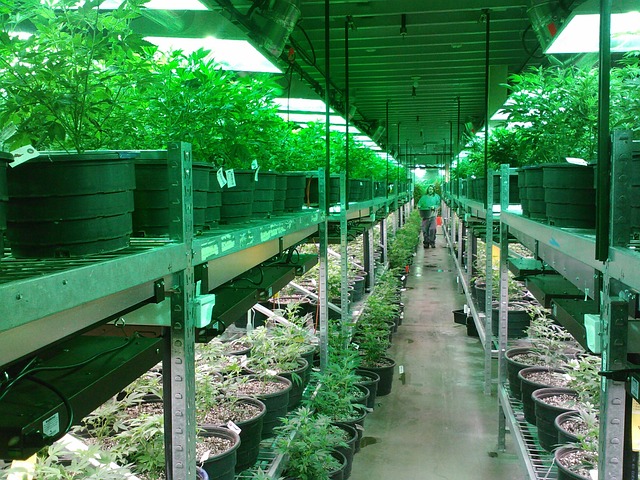
When sourcing high-quality THCA flowers, it’s crucial to consider the origin and reputation of the supplier. Reputable producers adhere to strict cultivation practices that ensure the purity and potency of the THCA flowers. These practices often involve organic farming methods and rigorous quality control processes to maintain the integrity of the product. The effects and benefits of THCA-rich flowers are numerous, ranging from potential pain relief to mood enhancement, without the psychoactive effects associated with THC. Consumers seeking these advantages should prioritize suppliers who provide detailed information about their cultivation methods, lab test results, and the levels of THCA present in their products. By choosing suppliers with a transparent approach and a commitment to quality, users can experience the full spectrum of THCA flower effects and benefits, enhancing their well-being in a natural and safe manner.
Selecting the right THCA flowers also involves understanding the various strains and their unique properties. Each strain offers different terpene profiles that influence the flavor and efficacy. For instance, sativa-dominant strains are known to stimulate and energize, making them ideal for daytime use. In contrast, indica-dominant strains tend to induce relaxation and are often preferred for evening consumption. Additionally, the effects and benefits of THCA flowers can be strain-specific; some may provide superior analgesic properties, while others might offer more pronounced anti-inflammatory benefits. It’s advisable to research and consult with knowledgeable professionals or peers who have firsthand experience with different strains to select the ones most aligned with your needs and preferences, ensuring you fully harness the therapeutic potential of THCA flowers.
THCA flower, a natural compound found in the Cannabis sativa plant, has garnered attention for its potential health benefits and effects. This article has explored the multifaceted aspects of THCA flower, from its scientific underpinnings to the practicalities of sourcing high-quality specimens. The concluding evidence suggests that THCA flower may offer a range of therapeutic effects and benefits, positioning it as a noteworthy subject of interest in health and wellness. For those intrigued by the potential of THCA flower, careful selection and responsible consumption are key to experiencing its effects responsibly. As research continues to evolve, the spotlight on THCA flower effects and benefits is poised to grow brighter, offering promising avenues for natural health support.
